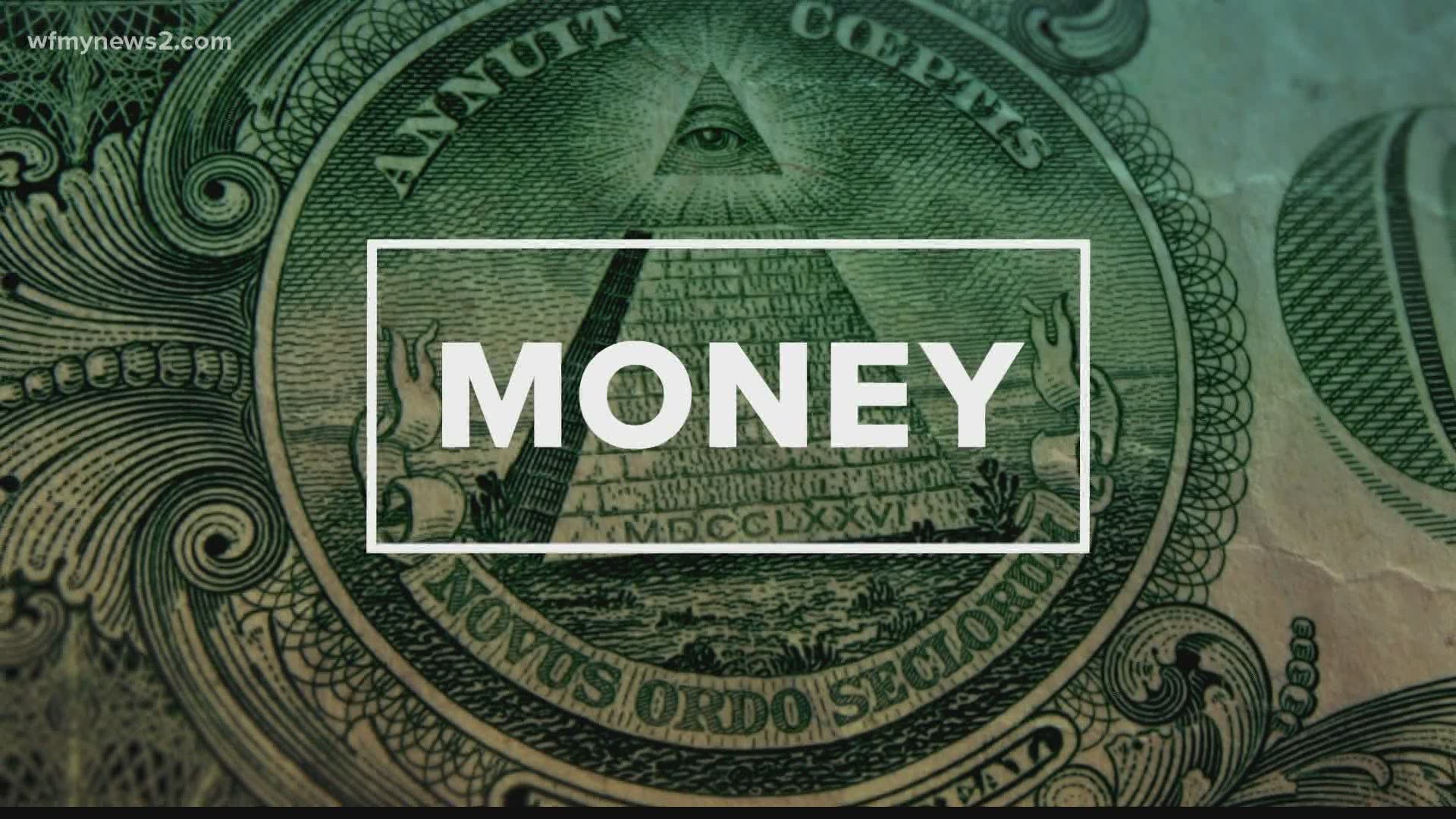From a shortage of coins to a massive decrease in American credit card debt, the coronavirus is creating unique side effects when it comes to how we spend our money. But what should consumers make of these trends? And how long could they last?
Local financial professional Scott Braddock from Scott Braddock Financial can share more details about the COVID-related quirks and explain what it could mean for your money in the future.
While our nation's economy is in a recession due to high unemployment and changing consumer behavior, the pandemic has led to some surprising financial side effects.
A recent study shows 80% of Americans are satisfied with their family's financial situation. Researchers say this is likely because people are comparing their situations to the millions of others who lost jobs or income as a result of the pandemic.
Q: What are some financial side effects of Covid-19?
Consumer Credit Card Debt is Down
Consumer revolving debt is at a three-year low after reaching a peak in February. While this isn’t great news for our economy since people are spending less, it’s good to see more Americans are paying down or taking on less debt. If you’re making a plan to tackle debt yourself, take a look at how much you owe. Make payments towards accounts with the highest interest rates. And of course, stay on top of monthly minimums on all other accounts as well.
Savings Rates are at an All-time High
Americans were saving more than 30% of their disposable income in April, although that number dipped to about 20% in June. Still, both figures are a large spike from the roughly 7% we saw in previous years. One thing this pandemic has shown us is the need for an emergency fund. Ideally, you want 3 to 6 months of expenses set aside. Many families are pulling from these accounts right now and are grateful to have them. If your savings are in a good place, start making steps towards investing and planning for your retirement. The earlier you make these moves, the better prepared you’ll be. You can find a simple worksheet to help build out your savings plan on Scott's website. Just visit scottbraddockfinancial.com.
Coins and Gold are at a Premium
The U.S. is seeing a coin shortage. Some banks and businesses are urging people to trade in their change for dollar bills, to help put more coins in circulation. The shortage is likely due to changing consumer behavior, with more people opting for card payments. At the same time, the U.S. Mint has slowed down coin production as a COVID-19 precaution. And coins aren’t the only currency taking part in the new trend. You might have heard the price of gold has reached a record high. This is likely because investors see it as more of a “safe haven” asset compared to the volatile stock market. If you’re considering buying gold or other new investments, it’s important to do your research and consider talking with a financial professional before making any major changes.
It makes sense that Americans are being more conservative with their money right now as we face unprecedented economic times. Now is the perfect time to hone in on your finances. If you haven’t done so yet, sit down and scrutinize your budget. Look where spending has or could go down, and determine if your savings is also increasing during this time.
If you aren’t confident in the long-term plan for your money, consider sitting down with a financial professional to find out more about the savings options available to you. Scott Braddock's specialty is helping retirees worry less about their money. With the disappearance of pensions and the introduction of 401(k)s, people have to learn how to properly save and manage their money. It’s important to start preparing for retirement at an early age.

